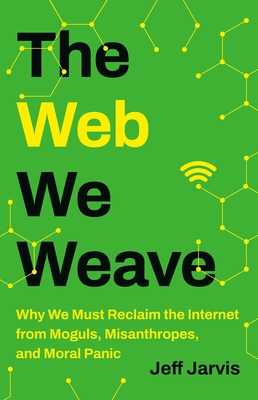
description
ges, at once sophisticated and provocative, constitute a rich and ever-relevant artistic legacy. This book presents a compact but wide-ranging and impactful portfolio of his work, supported by an insightful introduction and a detailed biographical chronology.
Newton's images straddle the knife-edge of ambiguity, teasing out allusions and social observations that both entice and challenge their viewers. In this portfolio, Newton's unique perspective is effectively showcased, reflecting the complex undercurrents that give his images their distinct character across the breadth of his editorial work in the fields of fashion and portraiture.
This book reveals Newton's evolution into a contrarian, a savvy and mischievous cynic, at once voyeur and satirist, whose lens framed contentious yet pivotal aspects of high fashion and high society in the latter decades of the twentieth century. He worked as a "gun for hire" while imposing his own perspectives and obsessions, defining most notably his idea of a powerful, self-assured woman. This figure became his most insistent theme, developed in erotically charged scenarios, most typically set in the seductive environment of opulent apartments or grand hotels, most notably in Paris, Monte Carlo, and Los Angeles.
From the mid-sixties, Newton's dynamic images established his reputation in the world of fashion, through work published in leading magazines, among them Vogue Paris, Elle, Marie Claire, Nova, Queen, and British Vogue. From the mid-seventies his notoriety was extended through his first books and exhibitions. His images immortalize such luminaries of society, film, and fashion as Princess Caroline of Monaco, Charlotte Rampling, Paloma Picasso, and Karl Lagerfeld.
Helmut Newton's glamorous, ground-breaking, and boundary-pushing photographs have an indisputable signature authority that maintains their hold on our imaginations.
Newton's images straddle the knife-edge of ambiguity, teasing out allusions and social observations that both entice and challenge their viewers. In this portfolio, Newton's unique perspective is effectively showcased, reflecting the complex undercurrents that give his images their distinct character across the breadth of his editorial work in the fields of fashion and portraiture.
This book reveals Newton's evolution into a contrarian, a savvy and mischievous cynic, at once voyeur and satirist, whose lens framed contentious yet pivotal aspects of high fashion and high society in the latter decades of the twentieth century. He worked as a "gun for hire" while imposing his own perspectives and obsessions, defining most notably his idea of a powerful, self-assured woman. This figure became his most insistent theme, developed in erotically charged scenarios, most typically set in the seductive environment of opulent apartments or grand hotels, most notably in Paris, Monte Carlo, and Los Angeles.
From the mid-sixties, Newton's dynamic images established his reputation in the world of fashion, through work published in leading magazines, among them Vogue Paris, Elle, Marie Claire, Nova, Queen, and British Vogue. From the mid-seventies his notoriety was extended through his first books and exhibitions. His images immortalize such luminaries of society, film, and fashion as Princess Caroline of Monaco, Charlotte Rampling, Paloma Picasso, and Karl Lagerfeld.
Helmut Newton's glamorous, ground-breaking, and boundary-pushing photographs have an indisputable signature authority that maintains their hold on our imaginations.
member goods
No member items were found under this heading.
Return Policy
All sales are final
Shipping
No special shipping considerations available.
Shipping fees determined at checkout.







